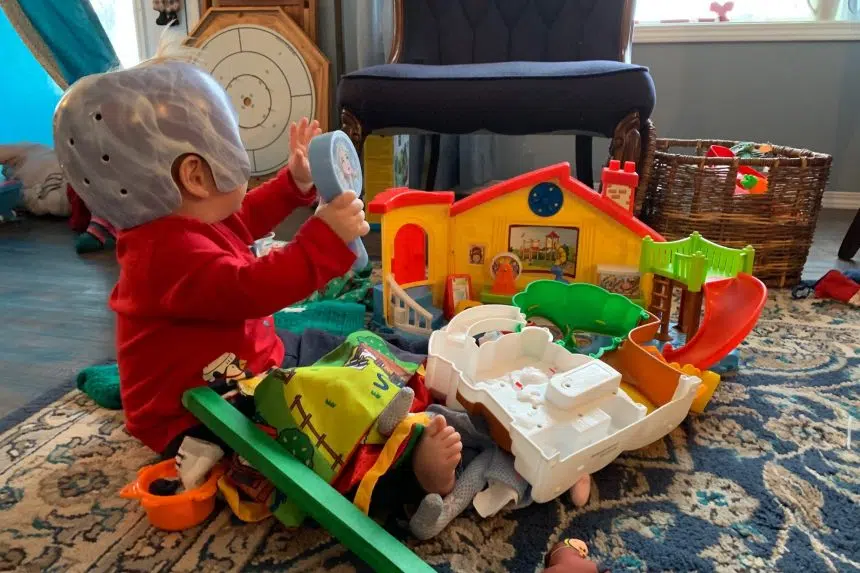As a longtime advocate for increasing daycare availability in Regina, Colleen Schmidt was emotional when she heard the federal government promise a national childcare strategy in its throne speech.
“I have to admit, my eyes got a little teary,” Schmidt said Thursday.
However, the former board member of the Cathedral Area Co-operative Daycare was quick to remember that she had heard it before.
Federal governments have made big promises on daycare in the past but haven’t delivered.
“While I’m really hopeful, I’m also aware that it’s a long time between a throne speech to actual implementation,” Schmidt said.
As well, that’s only if the Liberal government gets a chance to put a plan into practice. It still needs to survive a confidence vote.
The promise on childcare was framed in terms of the COVID-19 pandemic not affecting everybody equally, exacerbating disadvantages baked into society.
Schmidt is familiar with how that plays out, as women bear the most responsibility for raising children.
“There’s no question it’s a big part of why there’s wage disparity between men and women,” she said. “Anytime the economy has a problem or a hiccup … women are going to take a bigger hit than men.”
For Schmidt, a pandemic isn’t needed to see the value of daycare access, particularly for balancing the scales between men and women.
“Whenever the childcare falls through, usually it’s Mom who gets the phone call at work to deal with the kid’s problem … and it’s usually Mom who ends up missing work and that impacts Mom’s income,” she said.
“Aside from the pandemic, it would just be good for the status of women in general to have more funding for daycare.”
A family with two children in daycare can end up paying fees between $1,000 and $1,200, Schmidt said, more than what some pay for housing.
Universal daycare would leave families with more disposable income and improve their economic circumstances but somebody has to pay for it and Schmidt acknowledges the cost as “expensive.”
She said to even attain a model like the one in Quebec, which offers the lowest rates in the country, would require a hefty cost.
“And during this COVID time, when looking at a large deficit, it may be tricky,” she said.
However, in Schmidt’s view, the cost would be worth it. Spending on daycare would prevent social problems down the road, possibly reducing the need for other programs needed to fix them.
“There’s no shortage of studies and data showing that kids in quality early-years care do better in school,” Schmidt said. “They have higher graduation rates (and) lower criminality rates. All kinds of issues improve by having better access to care.”







